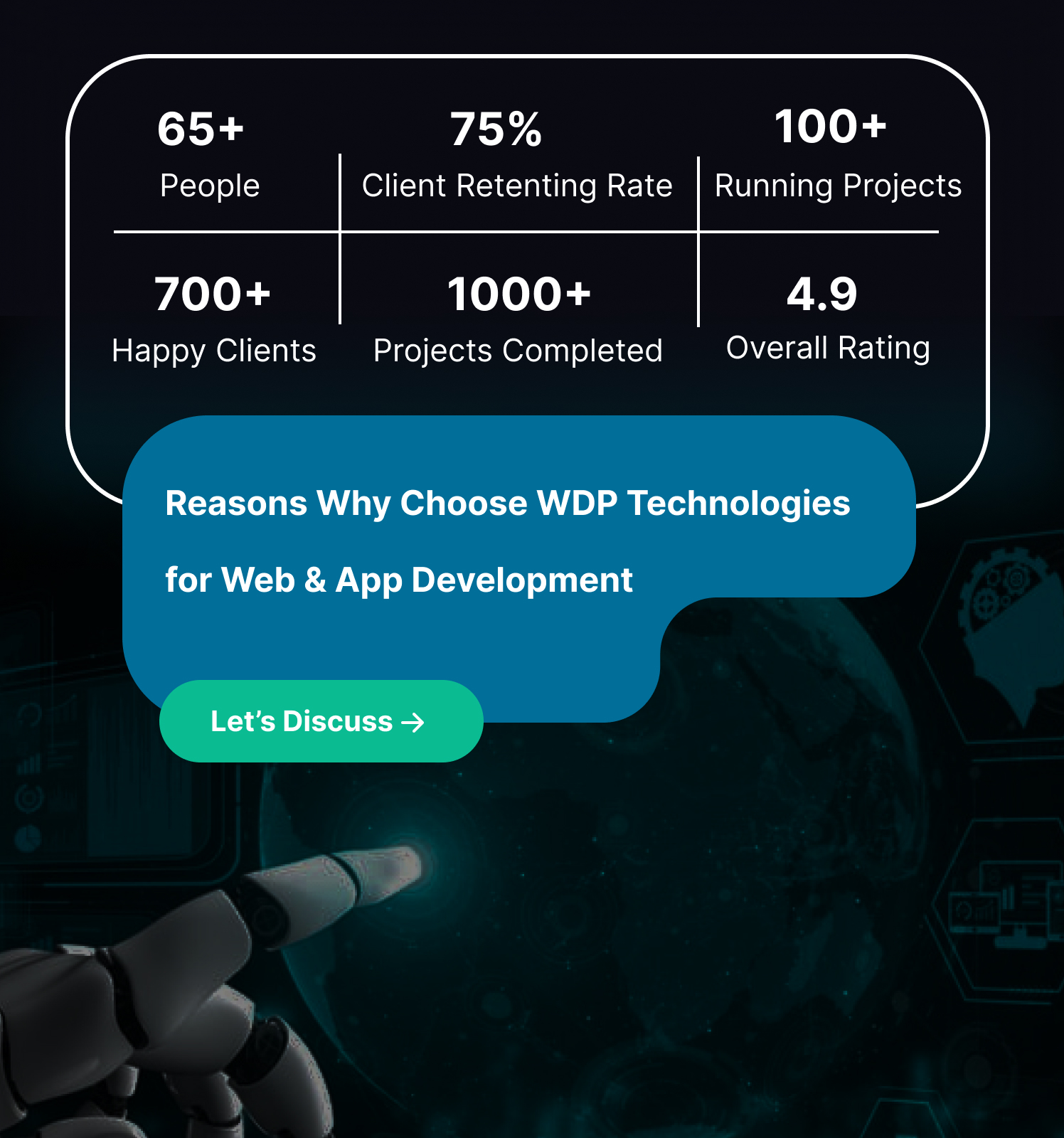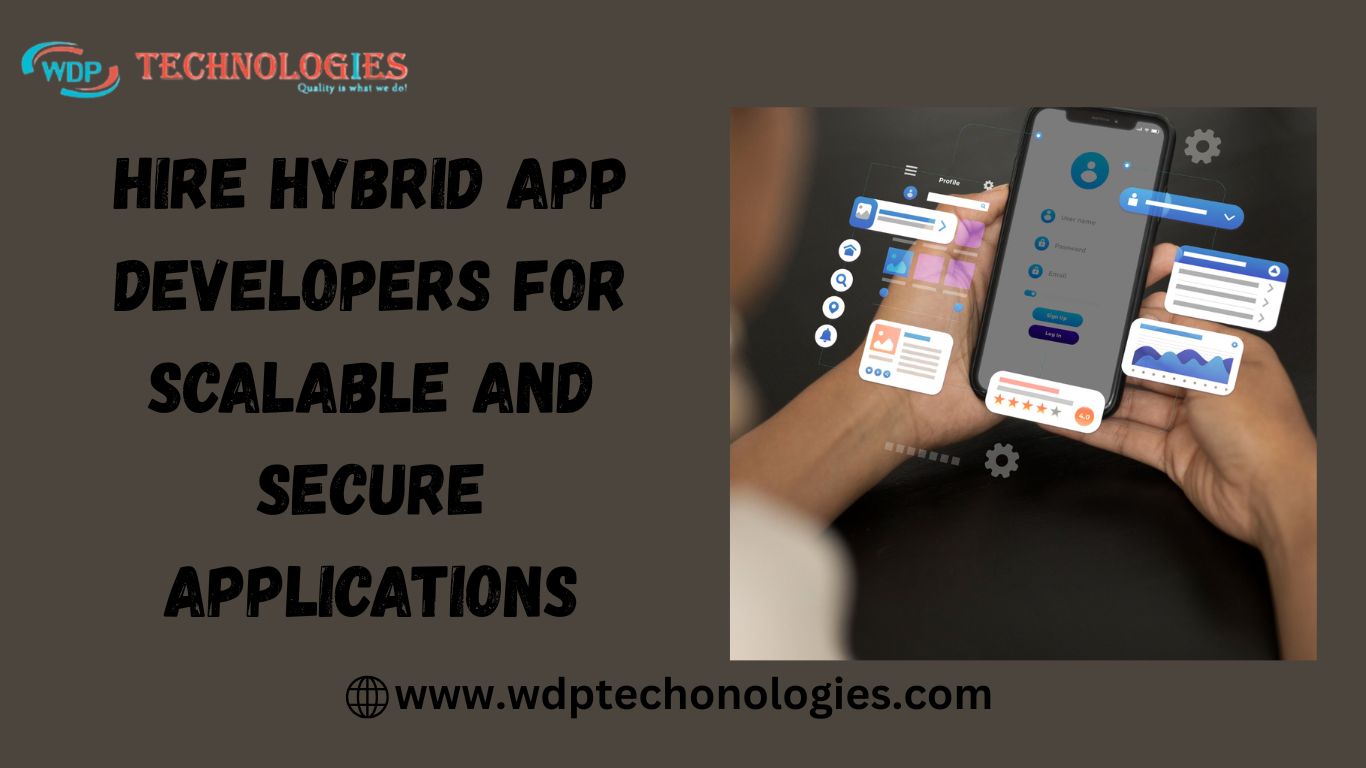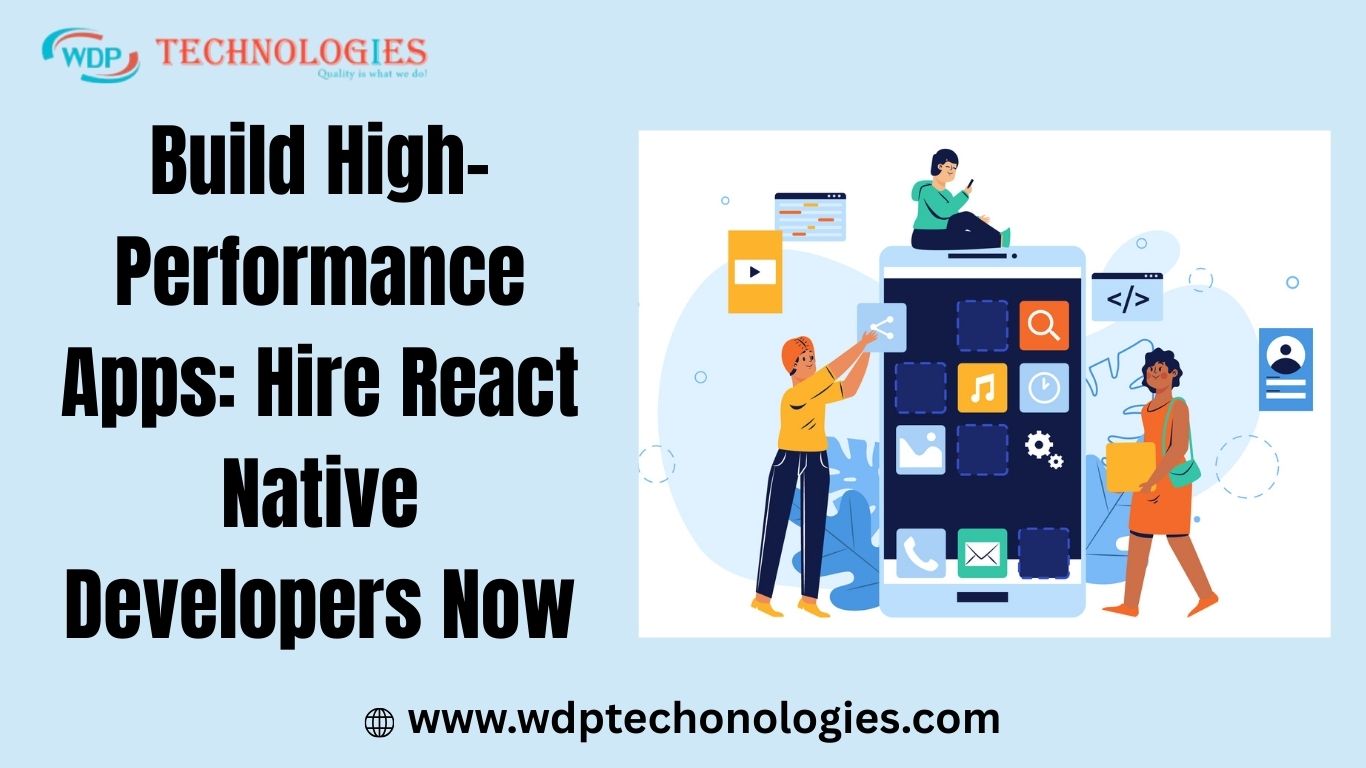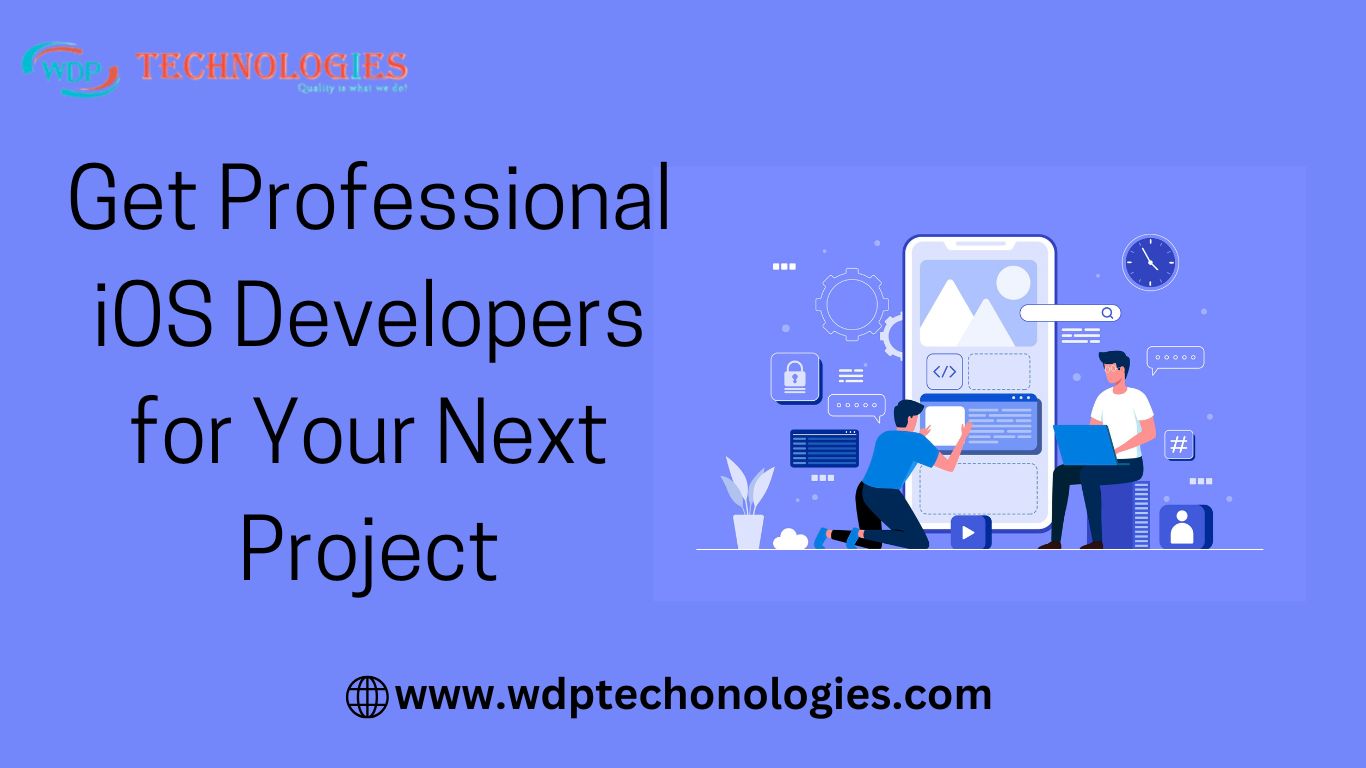Hey aspiring entrepreneurs!
In today’s fast-paced world, where convenience reigns supreme and technology shapes every facet of our lives, the demand for on-demand services like liquor delivery is reaching new heights. Picture this: ordering your favorite drinks with a few taps on your smartphone and having them arrive at your door in minutes.
In this blog, we’re diving deep into the exciting world of creating a successful liquor delivery app. Whether you’re a tech-savvy startup looking to shake up the market or an established business adapting to shifting consumer preferences, we’ve got you covered. We’ll guide you through understanding market trends, meeting user expectations, navigating legal challenges, and harnessing the latest technological innovations.
So, if you’re eager to learn how to develop an app that not only meets but exceeds customer expectations, join us as we uncover the secrets to building a thriving liquor delivery service in today’s digital age. Let’s raise a virtual toast to innovation and entrepreneurship!
What is Liquor Delivery App
A liquor delivery app is a mobile application that allows users to browse, select, and order alcoholic beverages for delivery to their location. These apps streamline the purchasing process, offering convenience by enabling customers to shop from a wide range of products without visiting physical stores. They often include features like age verification, real-time order tracking, and secure payment options to ensure compliance and enhance user experience. For businesses, liquor delivery apps represent a lucrative opportunity to reach more customers, increase sales, and capitalize on the growing demand for on-demand services in the alcohol industry.
Liquor Delivery App Market Size

The liquor delivery app market is booming! Here are some key stats to quench your thirst for knowledge:
- Market size: The global on-demand alcohol delivery app market was valued at $5.6 billion in 2020, up from $3 billion in 2019. That’s a significant jump in just one year!
- Growth forecast: Analysts predict that the market will continue to grow rapidly, reaching a whopping $42 billion by 2025 in 16 major markets, including the US, Canada, and Australia.
- E-commerce boom: E-commerce alcohol sales are expected to surge by 66% in the next five years, with a significant portion of that growth coming from liquor delivery apps.
- US market leader: The US is expected to see the highest growth in e-commerce alcohol sales, with an annual average growth rate of over 20%.
Top 5 Liquor Delivery App
Here are the top 5 Liquor Delivery Apps in the US based on a combination of factors including selection, availability, user reviews and critic ratings:
1. Drizly
Drizly reigns supreme in the liquor delivery app world. They offer a massive selection of booze,from spirits and beers to wines, all delivered quickly and reliably from partner stores. Browsing their user-friendly interface is a breeze, with detailed descriptions and customer reviews to guide you. Drizly prioritizes responsible drinking with a strict age verification process, ensuring only those over 21 can purchase.
2. Instacart
Instacart goes beyond just liquor. They deliver a wider variety of products, including groceries and household essentials, alongside your alcoholic beverages. Their extensive network of partnered retailers means wider reach and potentially faster delivery. However, keep in mind that delivery fees can vary depending on the retailer and your order total.
3. Saucey
Looking for speed and convenience? Saucey is your answer. They deliver beer, wine, and liquor right to your doorstep. They also boast competitive pricing and frequent promotions to keep your wallet happy. Plus, you get to choose a delivery window that fits your schedule.
4. Minibar
Minibar Delivery caters to the discerning drinker. They specialize in craft beers and unique spirits, offering a curated selection that sets them apart. They often partner with local breweries and distilleries to provide exclusive offerings you won’t find elsewhere. However, be prepared for slightly higher delivery fees compared to some competitors.
5. BevMo
BevMo! operates its own stores, ensuring a consistent selection of beverages and competitive pricing. Many areas even enjoy the convenience of same-day delivery. The trade-off? Their selection might be more limited compared to apps partnering with multiple stores.
Must Have Features To Include While Develop Liquor Delivery App Like Drizly
When developing a liquor delivery app like Drizly, certain essential features are crucial to ensure smooth operations, legal compliance, and a positive user experience. Here are the must-have features to include:
1. User Registration and Profiles:
A seamless registration and login process is fundamental. Users should have the option to sign up easily, perhaps using social media accounts for quicker access. Once registered, user profiles should offer features like order history, saved preferences, and addresses. This personalization enhances user experience by facilitating quick reordering and targeted promotions based on past preferences.
2. Product Catalog and Search:
A robust product catalog is crucial, showcasing a diverse array of alcoholic beverages. Each product listing should include detailed descriptions, images, and pricing information. Advanced search and filtering options allow users to quickly find specific items based on type (wine, beer, spirits), brand, price range, or other relevant criteria. This feature ensures a streamlined shopping experience tailored to individual preferences.
3. Order Placement and Checkout:
The app should feature an intuitive and user-friendly interface for placing orders. Customers should be able to easily add items to their cart, adjust quantities, and review their selections before proceeding to checkout. Secure payment options are essential, including credit/debit cards, digital wallets, and other trusted payment gateways. Clear and transparent pricing, along with seamless checkout processes, enhances user satisfaction and encourages repeat orders.
4. Age Verification:
Compliance with legal drinking age regulations is critical for any liquor delivery service. Implementing a robust age verification system at the point of registration or before checkout ensures that only eligible customers can access and purchase alcohol through the app. This feature typically involves verifying users’ age using government-issued IDs or other approved methods to prevent underage sales and maintain legal compliance.
5. Delivery Management:
Efficient delivery management is key to providing a reliable service. The app should offer real-time order tracking capabilities, allowing users to monitor the status and location of their deliveries. Estimated delivery times and notifications keep customers informed and reduce uncertainty. Integration with GPS or mapping services ensures accurate delivery addresses and optimal route planning for drivers, enhancing overall efficiency and customer satisfaction.
6. Customer Support:
Accessible and responsive customer support is essential for resolving issues and providing assistance throughout the ordering and delivery process. The app should include support options such as FAQs, live chat, or a dedicated customer service hotline. Prompt responses to inquiries, order-related questions, and feedback help build trust and loyalty among users.
7. Promotions and Discounts:
Offering promotions, discounts, and special offers can attract customers and encourage repeat business. The app should feature a section for showcasing current deals, seasonal promotions, and exclusive discounts for app users. Push notifications or email alerts can notify users of new offers or limited-time promotions, driving engagement and increasing sales.
8. Admin Dashboard:
For efficient management of the app and operations, an admin dashboard is essential. This dashboard provides administrators with tools for overseeing inventory management, order fulfillment, and delivery logistics. Comprehensive analytics and reporting functionalities enable administrators to track app performance, monitor sales trends, and make data-driven decisions to optimize operations and enhance profitability.
9. Legal & Regulatory Compliance:
Adherence to local laws and regulations governing the sale and delivery of alcoholic beverages is paramount. The app must incorporate features and processes to ensure compliance with age verification requirements, alcohol licensing laws, and data protection regulations (such as GDPR). Transparent policies regarding terms of service, privacy, and responsible drinking should be clearly communicated to users to maintain legal integrity and trust.
10. Feedback and Ratings:
Feedback mechanisms allow users to rate products and provide reviews, which helps improve customer experience and product offerings. The app should enable users to leave ratings and reviews for purchased items, delivery experiences, and overall satisfaction. Analyzing feedback helps identify areas for improvement, address customer concerns promptly, and maintain high standards of service quality and customer satisfaction.
Steps to Develop Liquor Delivery App like Drizly
Developing a liquor delivery app like Drizly involves several strategic steps to ensure its success and functionality. Here’s a structured approach to guide you through the development process:
1. Market Research and Planning
Before diving into development, thorough market research is essential. Identify your target audience—demographics, preferences, and location. Analyze competitors to understand their strengths, weaknesses, and market strategies. This research will help you define a unique selling proposition (USP) for your app. Determine the demand for liquor delivery in your target market and assess regulatory requirements related to alcohol sales and delivery.
2. Define Features and Functionalities
Based on your market research, outline the features and functionalities your app will offer. Essential features include user registration and profiles, a comprehensive product catalog with descriptions and images, search and filtering options, secure payment gateways, order tracking, and customer support. Consider additional features like promotions, ratings/reviews, and integration with mapping services for delivery tracking. Prioritize these features based on their importance for launching your Minimum Viable Product (MVP).
3. Technology Stack Selection
Choose the right technology stack for your app based on platform requirements (iOS, Android, web) and scalability needs. For backend development, select frameworks and languages that support robust database management, APIs, and integration capabilities with third-party services (payment gateways, geolocation services). Frontend development should focus on delivering a responsive, user-friendly interface across different devices and screen sizes.
4. UI/UX Design
Design an intuitive and visually appealing user interface (UI) that enhances user experience (UX). Create wireframes and prototypes to visualize the app’s layout, navigation flow, and interactions. Ensure the design is consistent with your brand identity and aligns with user expectations for a liquor delivery service. Conduct usability testing to gather feedback and refine the design before proceeding to development.
5. Development and Testing
Begin the development phase by implementing backend functionalities and frontend designs according to the chosen technology stack and design specifications. Develop features incrementally, starting with core functionalities for the MVP. Implement rigorous testing protocols to ensure the app functions smoothly, including unit testing, integration testing, and user acceptance testing (UAT). Address any bugs or issues promptly to maintain app stability and performance.
6. Legal and Regulatory Compliance
Ensure your app complies with local laws and regulations governing the sale and delivery of alcohol. This includes age verification mechanisms to prevent underage access, adherence to alcohol licensing requirements, and data protection regulations (such as GDPR). Implement clear terms of service and privacy policies that users must agree to during registration or checkout. Consult legal experts to ensure full compliance and mitigate legal risks.
7. Launch and Marketing
Prepare for the app launch by creating a marketing strategy to build awareness and attract users. Utilize digital marketing channels such as social media, email campaigns, and influencer partnerships to promote your app. Optimize your app store listings (App Store, Google Play) with relevant keywords and compelling visuals to improve visibility and downloads. Consider offering launch promotions or incentives to encourage initial app usage and retention.
8. Maintenance and Updates
Launch your app and monitor its performance closely. Gather user feedback and analytics data to identify areas for improvement or feature enhancements. Implement regular updates to address bugs, introduce new features, and enhance overall app functionality based on user feedback and market trends. Continuously optimize the app’s performance, security, and user experience to retain and grow your user base over time.
Liquor Delivery Is Good Ideas For Start Up?
Starting a liquor delivery business can indeed be a promising idea for a startup, provided it is approached strategically and responsibly. Here are several reasons why liquor delivery can be a good startup idea:
1. Growing Demand
There is a significant and growing demand for convenience in purchasing alcoholic beverages. Consumers increasingly value the convenience of having their favorite drinks delivered to their doorstep, especially in urban areas where busy lifestyles are common.
2. Untapped Market Potential
While the concept of food delivery apps has gained widespread popularity, liquor delivery apps are still emerging in many regions. This presents an opportunity for startups to enter a less saturated market and capture early adopters looking for innovative services.
3. Changing Consumer Behavior
Consumer preferences are shifting towards online shopping and on-demand services. Millennials and Gen Z, in particular, are more inclined to use mobile apps for purchases, including alcohol, making it a ripe market for digital-savvy startups.
4. Scalability and Flexibility
Liquor delivery businesses can scale relatively easily by partnering with local liquor stores and expanding delivery zones gradually. This scalability allows startups to grow their customer base and increase revenue without heavy initial investments in physical infrastructure.
5. Technological Integration
Advancements in technology, including mobile apps, GPS tracking, and secure payment gateways, facilitate the efficient operation of liquor delivery services. Startups can leverage these technologies to offer seamless ordering experiences and enhance customer satisfaction.
6. Regulatory Considerations
While regulatory requirements for alcohol sales and delivery vary by location, startups that navigate these regulations responsibly can build trust with customers and demonstrate compliance through age verification and secure delivery processes.
7. Competitive Advantage
By focusing on customer service, quality product selection, and competitive pricing, startups can differentiate themselves from traditional liquor retailers and establish a strong competitive advantage in the market.
How Do Liquor Delivery App Like Drizly Earn Money?
App like Drizly typically earn money through several key revenue streams:
1. Commission from Retailers:
Drizly charges a commission fee to liquor stores and retailers for every sale made through the platform. This fee is typically a percentage of the total transaction amount. Retailers benefit from the additional sales and exposure to a wider customer base facilitated by the app.
2. Delivery Fees:
Some liquor delivery apps, including Drizly, may charge customers a delivery fee for bringing alcoholic beverages to their doorstep. This fee can vary based on factors such as distance, order size, and peak delivery times. It serves as an additional revenue stream for the app.
3. Subscription Models:
Some apps offer subscription services where customers pay a monthly or annual fee in exchange for benefits such as free or discounted deliveries, exclusive deals, or priority service. This subscription revenue adds a predictable income stream and encourages customer loyalty.
4. Advertising and Promotions:
Liquor delivery apps can generate revenue through advertising partnerships with liquor brands, local businesses, or related products. Brands may pay to promote their products within the app, feature special offers, or sponsor exclusive promotions to reach targeted audiences.
5. Data Monetization:
Apps like Drizly gather valuable data on consumer preferences, purchasing behavior, and market trends. They can monetize this data by providing insights and analytics to liquor brands, retailers, or other businesses seeking market intelligence for product development, marketing strategies, and customer targeting.
6. Partnerships and Licensing:
Apps may enter into partnerships or licensing agreements with other businesses or platforms to expand their service offerings or integrate additional functionalities. These partnerships can involve revenue-sharing arrangements or upfront licensing fees.
Cost To Develop Liquor Delivery App Like Drizly
With these factors in mind, expect the cost to develop a liquor delivery app like Drizly to fall somewhere between $10,000 and $50,000. Here’s a rough breakdown:
Low-End ($10,000 – $15,000): This range offers a basic app with core functionalities but limited customization and features.
Mid-Range ($15,000 – $20,000): This provides a more polished app with a user-friendly interface, essential features, and potentially some additional functionalities.
High-End ($20,000+): This unlocks a feature-rich app with a high level of customization, advanced functionalities, and potentially integration with third-party services.
Why Choose WDP Technologies To Develop Liquor Delivery App Like Drizly
Choose WDP Technologies to develop your liquor delivery app like Drizly for a seamless blend of cutting-edge technology and user-centric design. With expertise in custom app development, robust backend solutions, and secure payment integrations, WDP Technologies ensures a scalable and compliant platform. Trust us to deliver a feature-rich app that enhances user experience, drives revenue through efficient operations, and meets regulatory requirements, making your venture a success in the competitive alcohol delivery market.
Conclusion
In conclusion, developing a user-centric liquor delivery app offers significant potential in today’s digital market. We’ve covered crucial steps like market research, feature definition, and leveraging technology for efficiency and compliance. Now is the time to act. Whether you’re starting your entrepreneurial journey or expanding your business, partnering with experts like WDP Technologies ensures your app stands out with seamless functionality and user-friendly design. Embrace innovation, meet consumer needs, and capitalize on the growing demand for convenient alcohol delivery services to establish a successful presence in this dynamic industry.












